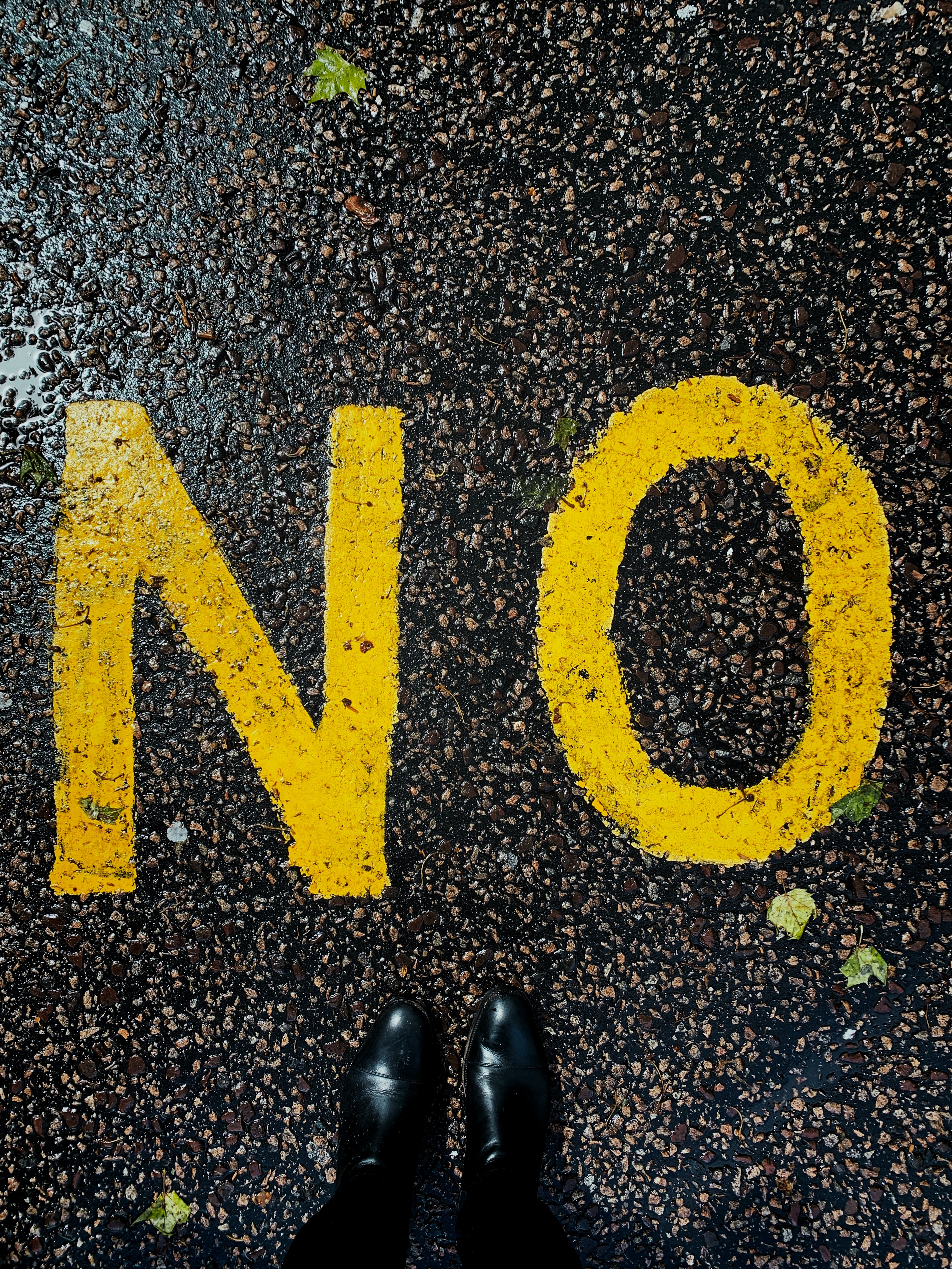Elton John may have said, “sorry seems to be the hardest word”. But we could argue that “no” is a close runner-up.
Take Naomi Osaka, for example. The tennis champion said a firm “no” to doing post-match press conferences — in her context, something that cost her mental health. Post-match conferences are one of those “comes with the job” ordeals that some players ace, but so many others dread.
The consequences that saying ‘no’ had for Osaka were hefty — $15,000-hefty, in fact. But, in a way, Osaka came away victorious in this altercation, because she prioritised her well-being. And while doing that, she exposed the ugly underbelly of tennis — and, by extension, the world — which is convinced that tolerating negative situations is professional, but setting healthy boundaries is not.
This isn’t a tennis special. Ask anyone what bothered them when they wanted to say ‘no’ at work no matter the job role, and you’ll probably get answers like:
- I didn’t know if I was allowed to say ‘no’
- I felt like I was doing a disservice to my team
- I felt I was jeopardising my career
- I worried that others would look at me as lax or “bratty” (yeah, Naomi Osaka got that one, too)
Nobody wants to be “that person”. The party pooper. The uptight one. The one who can’t be flexible. The (fill in the blanks with your choice of negative phrase). It’s not easy to say ‘no’. In fact, it’s far easier to perceive those who say ‘no’ as rude, threatening, negative, selfish, disloyal. But when you say ‘yes’, always ask yourself: what are you trading for it?
Questioning irrational workplace expectations
To hear of someone drawing a clear boundary in public, especially at work, is very rare.
Most of the time, an outward ‘no’ means an inner ‘yes’ to whatever you’re trying to nurture or protect. It belies the hours of deliberation and introspection that often goes into this decision, especially when your inner chimp is screaming ‘yes!’.
But what we fail to understand is that our mental health is the invisible glue that holds all other successful parts of our being together, whether that’s our moves on the tennis court or skills at the computer. Being comfortable with being uncomfortable is lauded as a rite of passage and a way of growth (like Naomi Osaka heard from thousands of keyboard warriors). But seldom do we account for the emotional wreckage left behind.
Many workplace practices we hold onto are highly irrational, built for the boot-licking and ladder-climbing of the yesteryears. However, today’s workplace is transcending that quagmire by doing away with the irrational and making room for the humane.
Build workplace systems that make saying ‘no’ easier
A well-timed ‘no’ can do wonders for our well-being and is a show of respect for ourselves. With one ‘no’, you’re saying ‘yes’ to the things that matter or take priority at that moment. But to make saying ‘no’ the new normal and not an outlier, we need to rework the systems we use every day at work.
Take time-off management, for example. Most tools focus on tracking employee time off in a transactional manner. They don’t much extol the benefits of taking a break. However, these tools are ideally placed to encourage better work-life balance and support mental health policies. After all, saying ‘no’ doesn’t always have to involve the word — it can take the form of actions, too.
Co-founder of award-winning product consultancy Obvious, Dhruv Rai Saxena shares this perspective and has even built it into Pause, their time-off management tool. “We built our auto-decline meetings feature so teams don’t need to manually decline meeting invites when on vacation,” he explains. “It’s our way of making it easier to say ‘no’, and in a way that values both the naysayer’s and the teams’ time. We’re all about being all hands on deck, but not at the cost of your mental health and well-being.”
Another way to make saying “no” easier at work is to acknowledge the diversity of situations we face every day — and that calls for understanding the diversity in people, cultures, economic backgrounds, and other factors that contribute to all sorts of disparities.
Achieving thiscalls for a certain level of psychological safety — something that’s even harder to achieve in remote or hybrid workplaces, yet all the more important. Without that, you can create all the systems you need to make saying “no” easier, but people won’t use them because they’re so scared of backlash or being seen as dispensable or lazy.
Supporting human-centric systems
In modern workplaces, it’s far too easy to say another ‘yes’: accept another invitation, attend just one meeting on a day off, take up one more task on an already full plate.
Years into expecting individuals to pave the way for radical change, it’s time to build systems that do so instead. Sure, software can’t heal what culture breaks, but it can support a culture that’s looking to become more human-centric and less systems-first.
No matter what work you do, and what industry you’re in, mental health matters.



